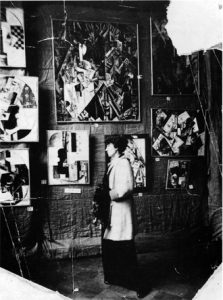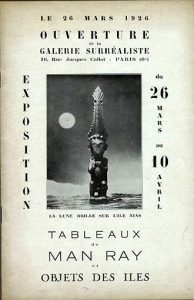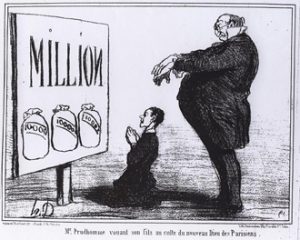Traditionally, people have often wanted to leave the last word to writers. Since Antiquity, with Philostratus, this has been because the critic was supposed to go beyond the world of appearances by sifting out a meaning and a moral, whereas the artist was suspected of doing nothing but representing forms through the use of ...
# 13-1 | Primitivisms | Sophie Leclercq
The Surrealists reinvented the idol of origins. They dreamed of their Primitive as someone standing apart from science and reality by curiously rediscovering the paths of history. As early as the 1920s, they were among the first to revolt against the serfage of non-Western peoples, and they did so not by calling, in the ...
#11-2 | Major Exhibitions | Olivier Berggruen
In The Ephemeral Museum, Francis Haskell decried the new hegemony created by major art exhibitions and the harmful consequences thereof. He recalled the genesis of the ways in which art works circulate as well as, from the early twentieth century, the first loans of paintings for prestigious international exhibitions, the establishment of ties between ...
# 11-1 | Major Exhibitions | Paul Ardenne
In The Ephemeral Museum, Francis Haskell decried the new hegemony created by major art exhibitions and the harmful consequences thereof. He recalled the genesis of the ways in which art works circulate as well as, from the early twentieth century, the first loans of paintings for prestigious international exhibitions, the establishment of ties between ...
# 8-1 | The Market, at the Start | Jérôme Poggi
One must wait until the seventeenth century to see art become no longer just the object of isolated exchanges carried out in order to enlarge the coffers of churches and princes and to give itself out as a commodity to institutions capable of ensuring aboveboard transactions that would allow price comparison and therefore competition ...




